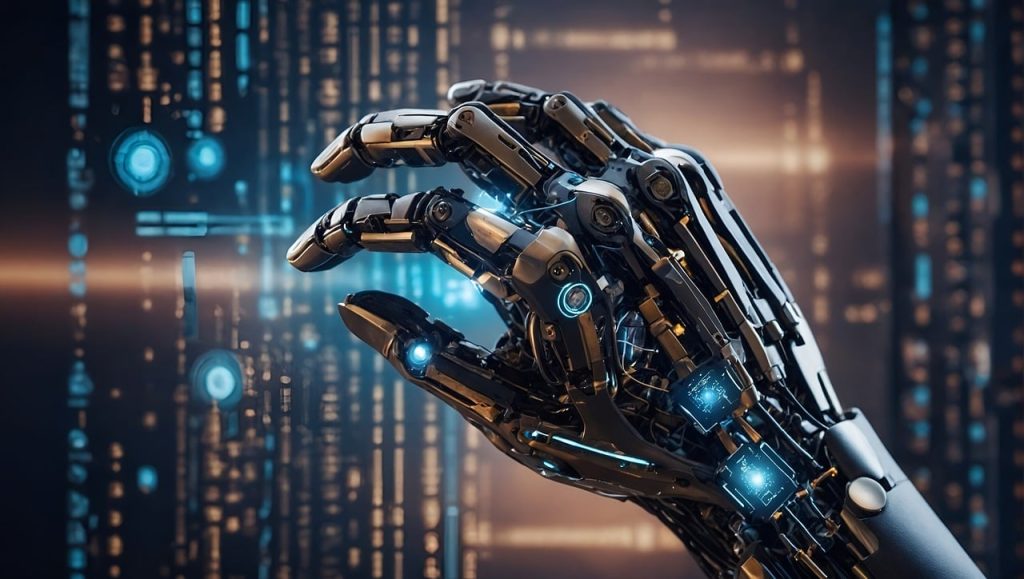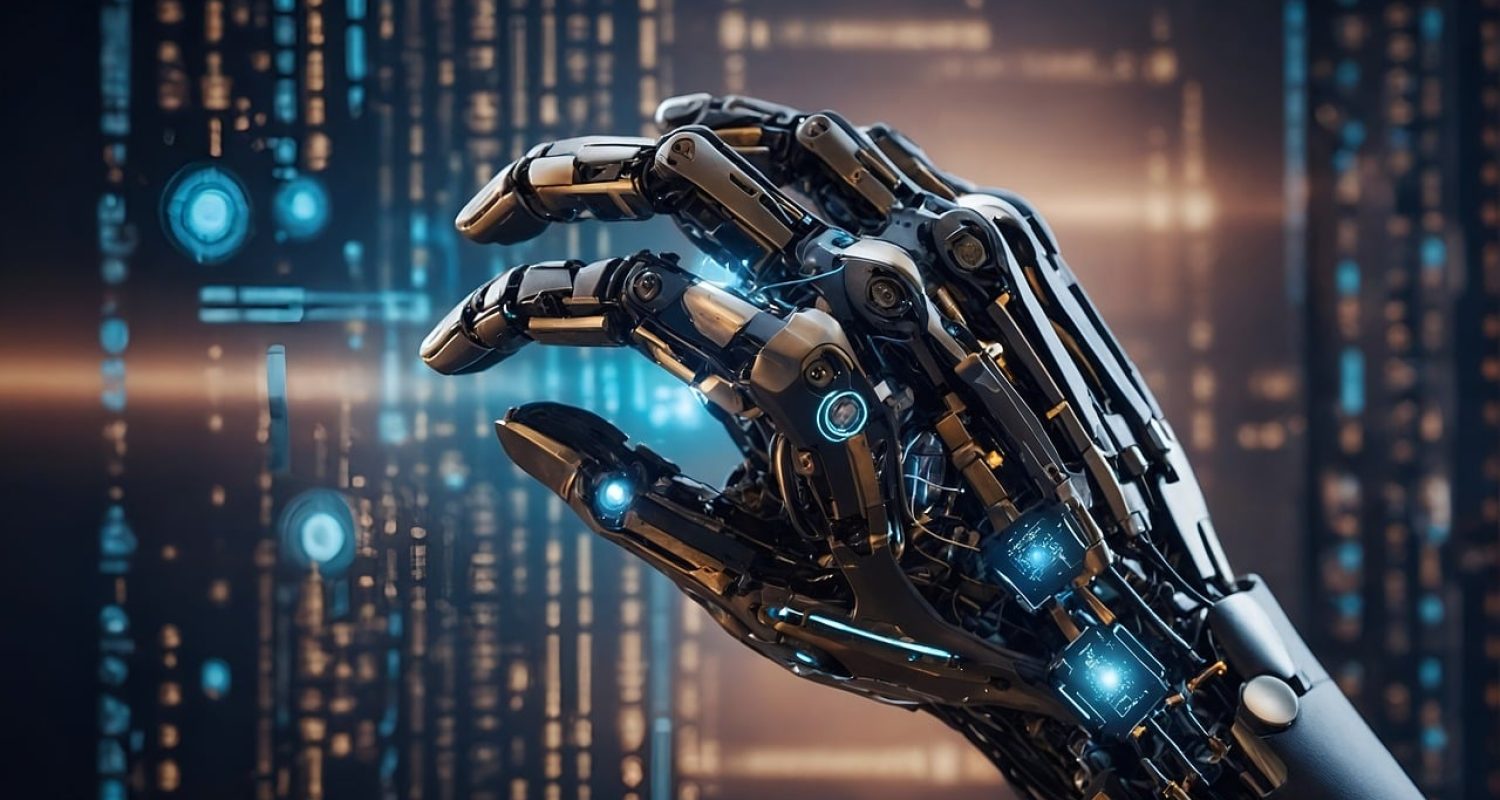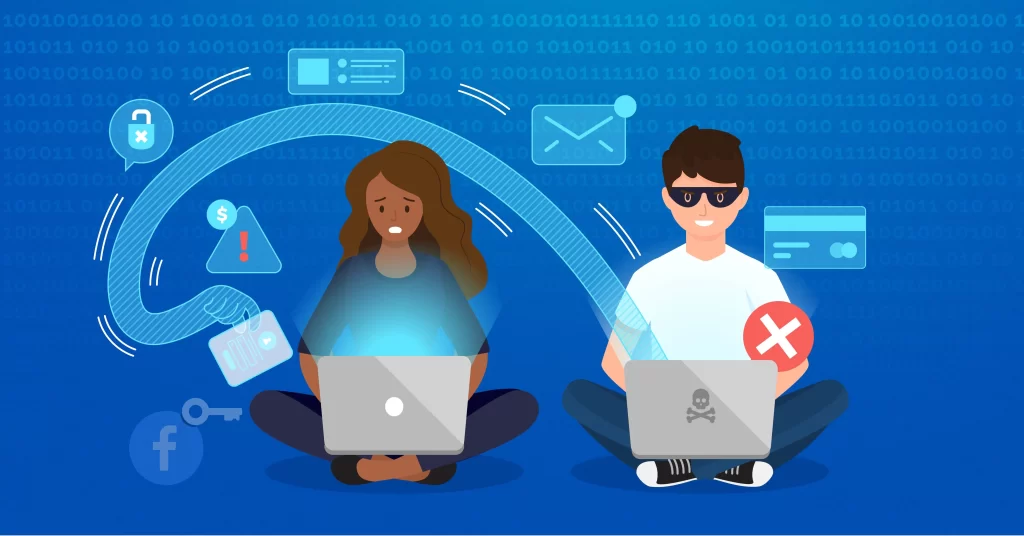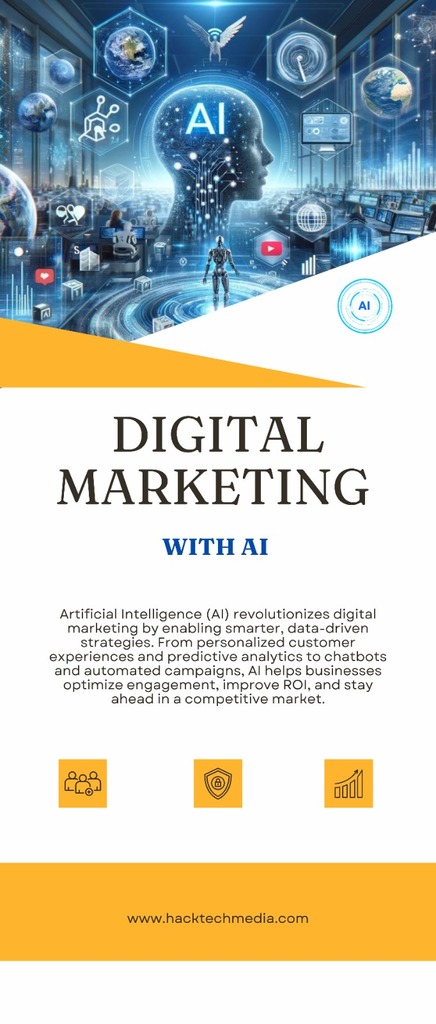
Artificial Intelligence (AI) has rapidly evolved from a futuristic concept to an integral part of our daily lives. While many are familiar with AI through popular applications like virtual assistants and recommendation algorithms, its practical applications extend far beyond these common uses. This blog explores the myriad ways AI influences our everyday lives, highlighting tools and technologies that enhance convenience, productivity, and efficiency across various sectors, including healthcare, education, finance, and home management.
Understanding AI and Its Impact on Daily Life
AI refers to the simulation of human intelligence in machines programmed to think and learn. By processing vast amounts of data, AI can make decisions, recognize patterns, and automate tasks, significantly improving the way we live and work. Its impact is already evident in various fields, and as technology advances, the future of AI in daily life promises even more transformative changes.
AI Tools for Home
Smart home technology is one of the most visible applications of AI in everyday life. These devices enhance convenience and security, making daily tasks simpler and more efficient.
1. Smart Speakers and Virtual Assistants
Devices like Amazon Echo and Google Nest Hub have become staples in many households. These smart speakers use AI to understand voice commands, allowing users to control other smart devices, play music, set reminders, and answer questions hands-free. With integration into other smart home systems, they serve as central hubs for home automation.
2. Smart Thermostats
AI-powered thermostats like Nest and Ecobee learn your heating and cooling preferences over time. They optimize energy usage by adjusting the temperature based on your routines, which can lead to significant savings on energy bills. These devices can even detect when you’re away from home and adjust settings accordingly.
3. Smart Security Systems
AI enhances home security through smart cameras and alarm systems. These devices can recognize familiar faces, alert homeowners to unusual activity, and even distinguish between people, pets, and vehicles. This capability reduces false alarms and enhances overall security.
AI for Personal Productivity
AI tools significantly improve personal productivity by streamlining tasks and enabling better time management.
1. AI-Driven Task Managers
Apps like Todoist and Trello incorporate AI features to prioritize tasks based on deadlines and personal work habits. These tools help users manage their time more effectively, ensuring that important tasks are not overlooked.
2. Email Management
AI-powered email clients, such as Google’s Gmail, utilize machine learning algorithms to categorize emails, flagging important messages and filtering out spam. Features like Smart Reply and Smart Compose suggest quick responses or help draft emails, saving users valuable time.
3. Personal Finance Management
AI-based apps like Mint and Personal Capital analyze spending habits, providing insights that can help users make better financial decisions. These tools can create budgets, track expenses, and even alert users about unusual transactions.
Everyday AI Examples
1. AI in Healthcare
AI’s impact on healthcare is profound and multifaceted. From diagnostics to patient management, AI is revolutionizing the industry.
- Diagnostic Tools: AI algorithms can analyze medical images, such as X-rays and MRIs, to detect abnormalities with remarkable accuracy. For instance, Google’s DeepMind has developed AI that can diagnose eye diseases and cancer with greater precision than human experts.
- Personalized Medicine: AI can analyze genetic information to tailor treatments to individual patients, enhancing the efficacy of medications and reducing side effects.
- Virtual Health Assistants: AI-powered chatbots can provide preliminary medical advice and support, answering common health questions and directing patients to appropriate resources.
2. AI in Education
AI is transforming education by personalizing learning experiences and enhancing administrative efficiency.
- Personalized Learning Platforms: Tools like Khan Academy and Duolingo use AI to tailor lessons to individual student needs, helping them progress at their own pace.
- Automated Grading: AI can assist educators by grading assignments and quizzes, providing instant feedback to students. This automation frees up valuable time for teachers to focus on more personalized instruction.
- Intelligent Tutoring Systems: These systems provide additional support to students struggling with specific topics, offering resources and exercises tailored to their needs.
AI for Financial Management
In finance, AI tools have become invaluable for both individuals and businesses, streamlining processes and enhancing decision-making.
1. Algorithmic Trading
In the financial markets, AI algorithms analyze vast datasets to identify trends and execute trades at lightning speed. This capability allows for more strategic investments and improved returns.
2. Fraud Detection
Financial institutions use AI to monitor transactions in real-time, identifying unusual patterns that may indicate fraudulent activity. By leveraging machine learning, these systems continuously improve their ability to detect fraud, protecting both consumers and businesses.
3. Personal Finance Advisors
AI-driven robo-advisors, such as Betterment and Wealthfront, provide personalized investment advice based on users’ financial goals and risk tolerance. They automate portfolio management, making investing accessible to those without extensive financial knowledge.
AI Assistants in Daily Life
Virtual assistants have become commonplace, providing convenience in various tasks.
1. Scheduling and Calendar Management
AI assistants like Google Assistant and Microsoft Cortana can help manage schedules by analyzing users’ preferences and suggesting optimal meeting times. They can also send reminders and sync calendars across devices.
2. Voice-Activated Home Control
Many AI assistants allow users to control household appliances and systems via voice commands. This functionality can range from adjusting lighting to managing home entertainment systems, offering seamless control over daily environments.
3. Travel Planning
AI tools can assist in travel planning by analyzing user preferences, recommending destinations, and providing real-time updates on flights and accommodations. For instance, AI-powered platforms can help travelers find the best deals based on historical data and trends.
Benefits of AI Technology
The integration of AI into everyday life offers numerous benefits:
1. Increased Efficiency
AI automates repetitive tasks, allowing individuals and businesses to focus on higher-value activities. This increased efficiency can lead to improved productivity across various sectors.
2. Enhanced Decision-Making
By analyzing vast amounts of data quickly, AI provides insights that can enhance decision-making processes. Businesses can leverage these insights to develop strategies and make informed choices.
3. Improved Customer Experience
In customer service, AI chatbots can provide instant responses to inquiries, reducing wait times and improving satisfaction. Businesses can tailor their services based on customer interactions and preferences, creating a more personalized experience.
4. Cost Savings
AI technology can reduce operational costs by automating tasks and improving resource allocation. For small businesses, leveraging AI tools can provide a competitive edge without significant investments in manpower.
The Future of AI in Daily Life

As AI technology continues to advance, its applications in everyday life are expected to expand significantly. Here are a few anticipated trends:
1. Increased Integration Across Devices
The future will likely see even more integration of AI across various devices, creating a cohesive ecosystem that enhances home automation and personal productivity.
2. More Advanced Personal Assistants
AI assistants will become more intuitive and capable of understanding context, enabling them to provide even more personalized support in daily tasks.
3. Expanded Applications in Healthcare and Education
As AI continues to evolve, its applications in healthcare and education will become more sophisticated, potentially leading to breakthroughs in personalized treatments and learning experiences.
4. AI for Small Businesses
Small businesses will increasingly adopt AI tools to streamline operations and enhance customer engagement. The affordability and accessibility of AI technology will empower small business owners to compete more effectively in the market.
AI and Convenience
One of the most significant impacts of AI in everyday life is the convenience it brings. From managing household chores to enhancing productivity, AI tools are designed to make life easier.
For instance, robotic vacuum cleaners like Roomba use AI to navigate homes, ensuring that floors are kept clean without manual effort. Similarly, meal planning apps can analyze dietary preferences and suggest recipes, making it easier for individuals to maintain healthy eating habits.
How AI Improves Daily Tasks
The cumulative effect of AI on daily tasks is profound. By automating mundane responsibilities and providing intelligent insights, AI allows individuals to reclaim time and focus on what truly matters.
For example, smart grocery lists can analyze consumption patterns and automatically add items to a shopping list, reducing the time spent on meal planning. Similarly, fitness apps powered by AI can provide personalized workout plans based on individual goals and progress, motivating users to stay active.
Conclusion
AI is undeniably reshaping the landscape of everyday life, offering practical applications that enhance convenience, productivity, and overall quality of life. From smart home technology and personal productivity tools to advancements in healthcare and education, the impact of AI is far-reaching.
As we continue to embrace AI technology, it is essential to stay informed about its potential benefits and challenges. By integrating AI into our daily routines, we can unlock new levels of efficiency and convenience, making life not only easier but also more enjoyable. The future of AI in daily life is bright, promising innovative solutions that cater to our evolving needs and aspirations.







